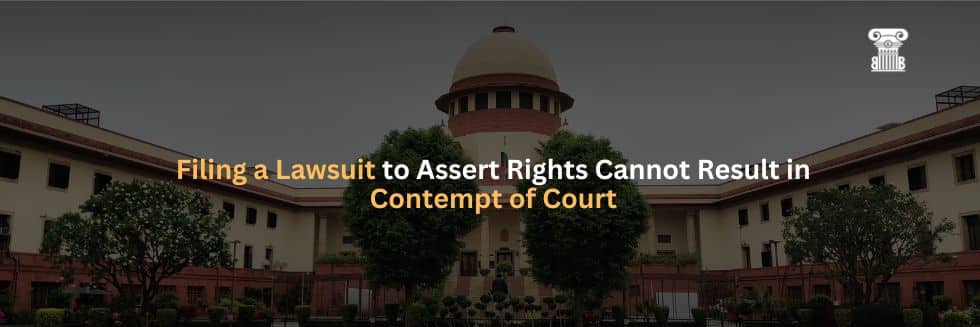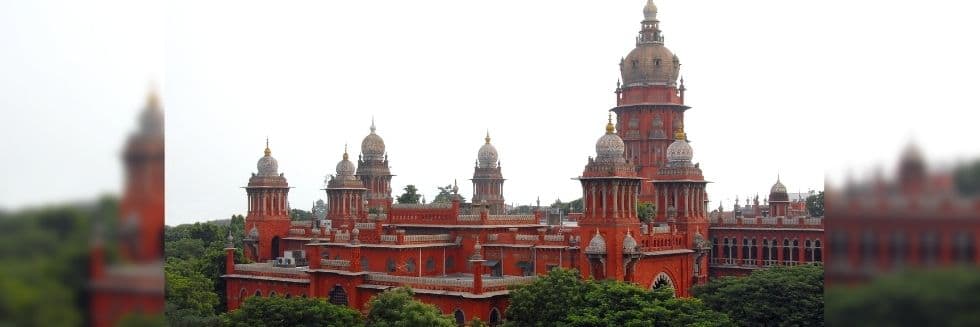CASE DETAILS:
Babasaheb v. Radhu Vithoba Barde
Diary No.: 18239 of 2019
Supreme Court
Coram: Justices B.R. Gavai, Rajesh Bindal, and Sandeep Mehta.
BRIEF FACTS:
- The case’s brief facts are that the land was leased to one Bapusaheb Bajirao Sawant.
- However, after two years, the lease deed was cancelled. As a result, 67 people purchased the land in question.
- Following Sawant’s death, his legal heirs filed a lawsuit claiming control of the land in dispute under the lease deed. A compromise deal was reached between the heirs and the original owners of the concerned property.
- The trial judge recorded this as a consent decree.
- The disagreement began when the appellant purchased property that contained some of the disputed acreage. The legal heirs filed another civil suit seeking a declaration and permanent injunction.
- The appellant then sent legal notices to all of the respondents informing them of the consent decree. Based on this, the appellant requested that they withdraw the lawsuit.
Because the respondents did not withdraw their lawsuit, the appellant filed a Contempt Petition. - The Gujarat High Court dismissed the case. The High Court ruled that just commencing a civil complaint to establish specific legal rights over the lands in dispute does not constitute a breach of the consent agreements.
- The current appeal which challenges this was filed with the Supreme Court.
OBSERVATIONS:
The Court began by noting that the appellant had taken part in the proceedings which he sought to withdraw. He also applied to frame preliminary concerns. While the application to frame preliminary concerns was approved, the application to reject the complaint was denied.
Moving on, the Court highlighted the difference between the appellant’s case and the case relied upon i.e. Delhi Development Authority v. Skipper Construction, 1995 INSC 105. In this case, once the matter was resolved by this Court’s orders, a lawsuit was filed to preserve the contemners’ rights. The Court determined that these actions hindered the course of justice and filed a criminal contempt charge.
The Court stated that there is no adjudication in this instance, adding: “There is no doubt that the Court has approved the consent provisions entered into by one of the respondents’ predecessors in title and the Original Owners. However, the respondents filed the complaint claiming ancestral claims to more than 2000 acres of land and alleging that the consent decree was secured in collusion.”
Given these facts and circumstances, the Court declined to overturn the challenged decree. The Court also stressed that these observations are only applicable to the contempt proceedings’ maintainability. Accordingly, the Court dismissed the appeal.
JUDGEMENT:
The Supreme Court while hearing an appeal to reject a contempt petition stated that filing a lawsuit to assert rights does not constitute contempt of court.






